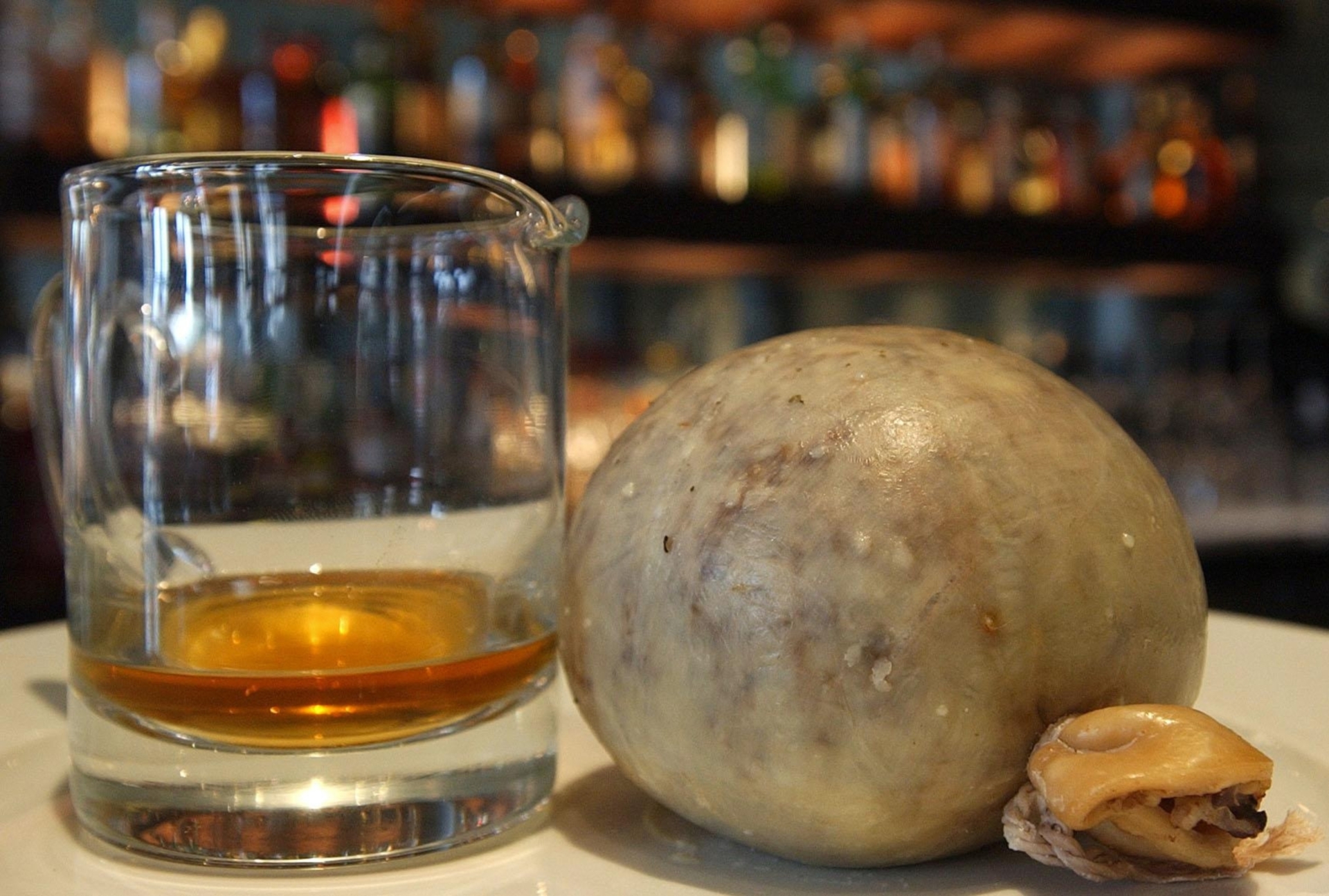Scotland’s top private firms suffered a drop in combined profits amid growing political and economic uncertainty.
The country’s top 100 privately owned limited companies achieved total combined profits of £16.6 billion in 2016, down from £20.8bn in 2015.
The annual Scotland Ltd report by leading financial and business advisers Grant Thornton also found that the challenges facing the business community were reflected in employment statistics.
A total of 110,632 people were working for the top 100 firms, down from 116,284 in 2015.
The success of Scotland’s Food and Drink sector continued. The industry group contained the highest share of businesses in the top 100, including our number one ranked business William Grant and Sons Holdings Limited.
A total of 24 food, drink and leisure businesses made this year’s list, an increase of three from 2015.
The sector wasn’t immune from economic challenges facing the country, as its combined turnover was down from £4.1bn to £3.7bn despite more firms making the list.
James Chadwick, head of food and drink at Grant Thornton in Scotland, said: “The sector in Scotland remains on course to exceed its £16.5 billion valuation target by the end of 2017.
“The industry deserves the credit it is receiving worldwide. Hard work and serious collaboration has resulted in a complete turnaround in perceptions and revenues.
He added: “There is no doubt that Brexit and other political uncertainties will have an impact.
“We’re holding our breath, waiting to see what might happen to exports and trading conditions. But, the hard work has already been done and the industry is in a strong, healthy position, ready to take on the challenges that lie ahead.”
David Thomson, chief executive of the Scottish Food and Drink Federation, stated: “Scotland’s food and drink industry remains strong and vibrant.
“With 24 out of the top 100 businesses working in the food and drink sector, our companies are of critical importance to Scotland’s economic future.”
He called for the food and drink sector to be given assurance as European Union exit negotiation begin.
“With currency fluctuation, import prices have risen, and the price of food is likely to go up early in 2017,” he continued.
“Food and Drink companies rely on EU workers, valued employees who bring important skills and expertise. Their future – and Britain’s future immigration policy – must be clarified as soon as possible.”










